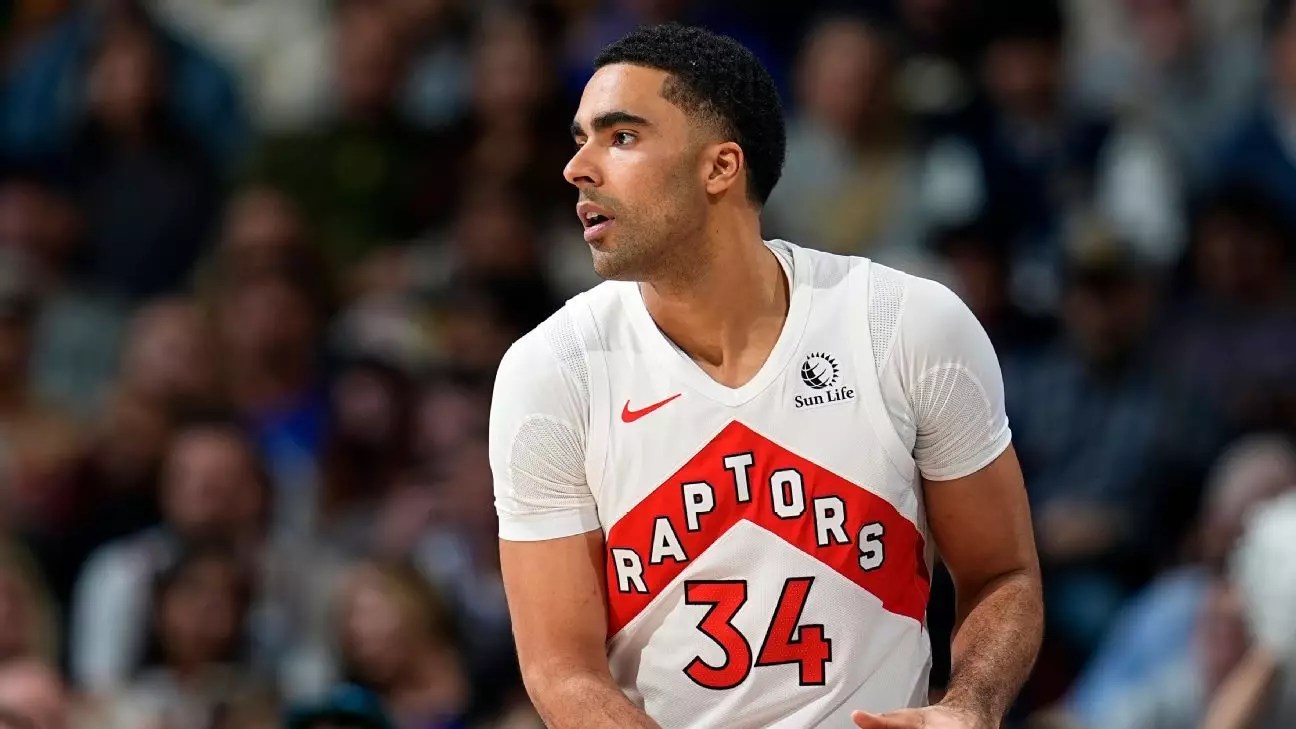In recent months, the intersection of sports betting and professional athletics has come under intense scrutiny. While the betting industry has grown exponentially, fueled by technological advancements and broader legalization, this surge has exposed vulnerabilities that threaten the core values of fair play. The NBA, along with other sports leagues, appears to recognize these risks, advocating for measured restrictions on certain types of bets—particularly prop bets that involve individual player performances. This stance suggests a willingness to preserve the fairness and credibility of the game, but also raises questions about where lines should be drawn and the true motives behind such restrictions.
The NBA’s approach indicates an understanding that some betting behaviors, especially those that can be manipulated, endanger the sport’s integrity. The case of Jontay Porter, who manipulated game statistics to benefit bettors, underscores the potential for abuse. Such incidents do not merely tarnish a player’s reputation—they cast doubt on the fairness of competition and the league’s authority. However, the league’s emphasis on regulation also highlights a delicate balancing act: protecting the game without alienating fans who enjoy legal, regulated betting as part of their engagement.
This nuanced stance reveals that leagues are caught in a tug-of-war between commercialization, legal obligations, and the preservation of sportsmanship. Limiting certain prop bets might mitigate manipulation risks, but there is a danger of overreach, potentially smothering fan enthusiasm and the innovation that betting markets can stimulate. The challenge lies in crafting policies that mitigate exploitation without diminishing the fan experience or infringing on personal freedoms.
Ethical Dilemmas and the Perils of Overregulation
The push for tighter restrictions is not solely about preventing manipulation; it also points to deeper ethical concerns. Athletes are increasingly facing harassment from disgruntled or unscrupulous bettors, a phenomenon that transcends mere financial transactions. Beyond the financial risks, athletes report online abuse, threats, and unwanted intrusion—paradoxically fueled by the very betting platforms intended to offer entertainment and engagement.
The NBA’s cautious approach, and the stance of related leagues, suggests that regulation could serve as a shield for athletes. However, this introduces a paradox: stricter regulations might inadvertently limit legitimate betting options, leading to a less vibrant betting ecosystem. Fans may feel excluded or turn to less regulated, underground markets where protection and fairness are even more tenuous. Regulating prop bets must, therefore, be a strategic effort—one that protects players without constraining the growth of a legitimate industry.
Furthermore, the phenomenon of micro-bets—small, specific wagers on moments within a game—exemplifies this dilemma. While intended to increase fan engagement, these micro-bets also open doors to manipulation and misconduct. States like Ohio and New Jersey have responded with bans or proposed restrictions, illustrating a growing concern among regulators and lawmakers. But such measures often face resistance from advocates who see micro-bets as a way to democratize sports betting, making it more accessible and immersive for fans.
The debate over micro-bets epitomizes the broader challenge: how to strike a balance that enhances entertainment without compromising integrity. Blanket bans may protect the sport but risk alienating a large segment of passionate fans, while overly lax policies invite exploitation and corruption. The ethical imperative should be to develop smarter, targeted regulations—crafted with input from athletes, leagues, and gambling stakeholders—that foster a sustainable betting environment.
Wider Implications and the Road Ahead
The ongoing conversation extends beyond the NBA or even American sports. Countries like the United States are navigating uncharted waters as they seek to regulate an industry that is both lucrative and inherently risky. The approaches taken by Ohio, New Jersey, and other jurisdictions reflect an acknowledgment that existing frameworks may be insufficient to prevent abuse or manipulation.
Yet, restricting certain types of bets is not a silver bullet. It raises fundamental questions about the ethics of sports betting itself—whether it can ever be fully compatible with fair competition. The potential for match-fixing, performance manipulation, and athlete harassment underscores why regulatory vigilance must be a core priority.
The industry’s future hinges on a paradigm shift: from reactive bans to proactive, transparent regulation that prioritizes integrity and athlete safety. This could involve technological solutions—like data monitoring and real-time analytics—or tighter licensing standards and oversight of betting operators. The industry must also foster a culture of transparency, where athletes and officials feel supported in reporting abuses without fear of retaliation.
Ultimately, the challenge lies in trusting fans to enjoy sports responsibly while protecting those vulnerable to exploitation. As leagues and lawmakers grapple with these complex issues, the central question remains: How can the sports world preserve its integrity amid a rapidly evolving gambling landscape? The answer will define not just the future of sports betting but the very soul of athletic competition.


Leave a Reply